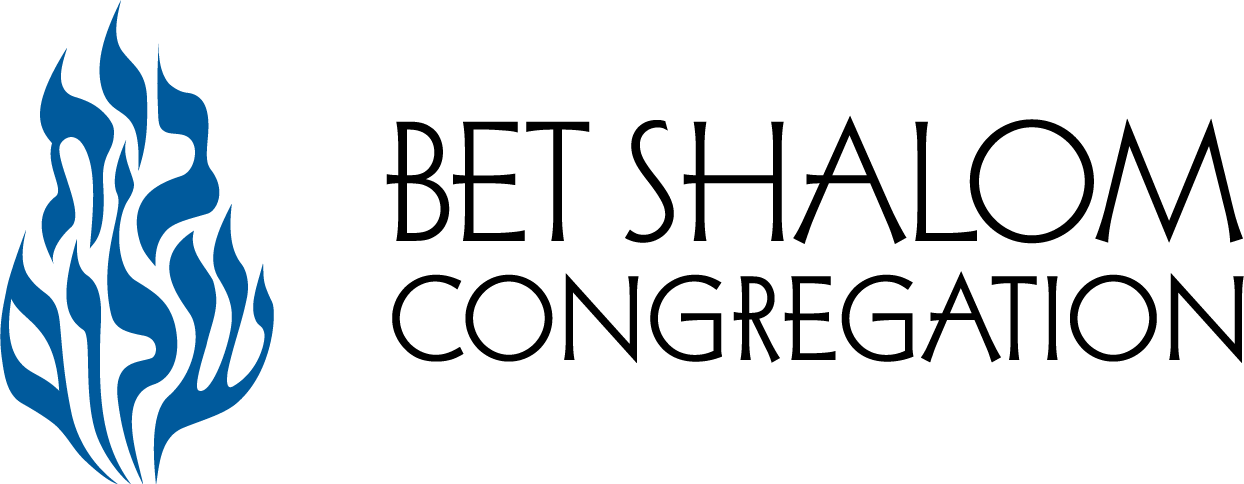Henry Berman: Bet Shalom’s go-to expert on the Middle East
by Maura Lerner Fisher
Henry Berman is such a natural standing in front of an audience, talking about Israel and the Arab World, that many people make the same mistake I did when they first meet him.
“Everybody that hears one of my lectures thinks I’m a retired professor,” he says with a laugh.
In fact Berman, a retired executive at EcoLab and longtime Bet Shalom member, only recently found his true calling — as a popular public speaker about the tangled history of the Middle East.
At Bet Shalom, he’s known as a gifted musician, choir member and co-leader of the popular Emeritus discussion group with Rabbi Norman Cohen.
But beyond the Jewish community, Berman has built a reputation as a go-to expert on foreign affairs.
These days, you might find him teaching a class on Iran and Saudi Arabia at the University of Minnesota’s Osher Lifelong Learning Institute, or giving lectures on shifting Arab alliances to audiences across the state through Global Minnesota’s “Great Decisions” program.
“People are hungry to understand why is Iran doing this, why did Hamas do that?” he explained. He tries to answer those questions by providing the big-picture historical context. “(It’s) not so much what’s going on just in Israel, it’s what’s going on in the region. And how does Israel fit in this region with all of these hostile players.”
Rabbi Cohen, who has gotten to know Berman well, said he’s not surprised by his friend’s newfound career. “In some ways, he’s a Renaissance person,” Rabbi Cohen told me. “He is naturally an inquisitive and scholarly kind of person.”
Berman, who grew up in New London, Ct., has called Minnesota home since 1977, when he joined Ecolab. He and his wife, Linda, a retired social worker, recently celebrated their 44th anniversary, and have two grown children and four grandchildren. They’ve been members of Bet Shalom since 1989.
A voracious reader, Berman has had a lifelong fascination with foreign affairs, and has immersed himself in the history and politics of the Middle East and beyond. (Daughter Becca apparently inherited his international outlook; she runs a student foreign exchange program in Washington D.C.)
“Thinking globally,” he likes to say, "is sort of a family value.”
At the same time, what’s happening in Israel is also intensely personal for the Bermans. Their son, Daniel, made Aliyah in 2009, and lives on a northern kibbutz with his wife and four young daughters.
Yet in Berman’s classes and lectures, he tries to maintain the objectivity of a seasoned academic. He often peppers his speeches with the phrase: “This is controversial—you may or may not agree.”
As a businessman, he often found himself teaching colleagues about innovations in the sales world. Now, he knows, his subject matter is more volatile.
“We deal with facts,” Berman says of his approach to teaching. “It’s okay to have an opinion, but we’re going to behave like adults. I try very hard to be very, very respectful of where people are coming from. One of my goals when I talk…is that, at the end of it, you can’t tell if I’m a Democrat or Republican.”
It’s a style that has made him many fans. “I think the reason why people love coming to Henry’s classes is because he is so well prepared,” said Nancy Allen, chair of the Osher Lifelong Learning Institute (OLLI) board at the U of M, who often acts as Berman’s course assistant.
He’s so popular, she said, that they often don’t have classrooms big enough to handle the students who sign up for his OLLI courses (which makes him perfect for Zoom, she notes). “He’s just a gem.”
If anything, Berman seems to thrive on a good debate, and he actively seeks out people who challenge his world view. Over the last ten years, he and his wife have hosted dinner guests from 37 countries — including Arabs from Syria, Lebanon and Israel— as part of an international community-building initiative. “We want people from the Arab world at our table,” he said. “It’s called citizen diplomacy. We just love doing it.’
These days, with tensions continuing to rise in the Middle East, it may be hard to imagine that kind of dialogue taking place. Earlier this year, he gave a talk on the two-state solution, titled “Is it a lost cause?”
His answer, he said, is that “there will never be any progress toward the two-state solution until we have new leaders in the Middle East. We will never get there until we have strong leaders who are willing to take risks. We need a Nelson Mandela or a Winston Churchill.”




